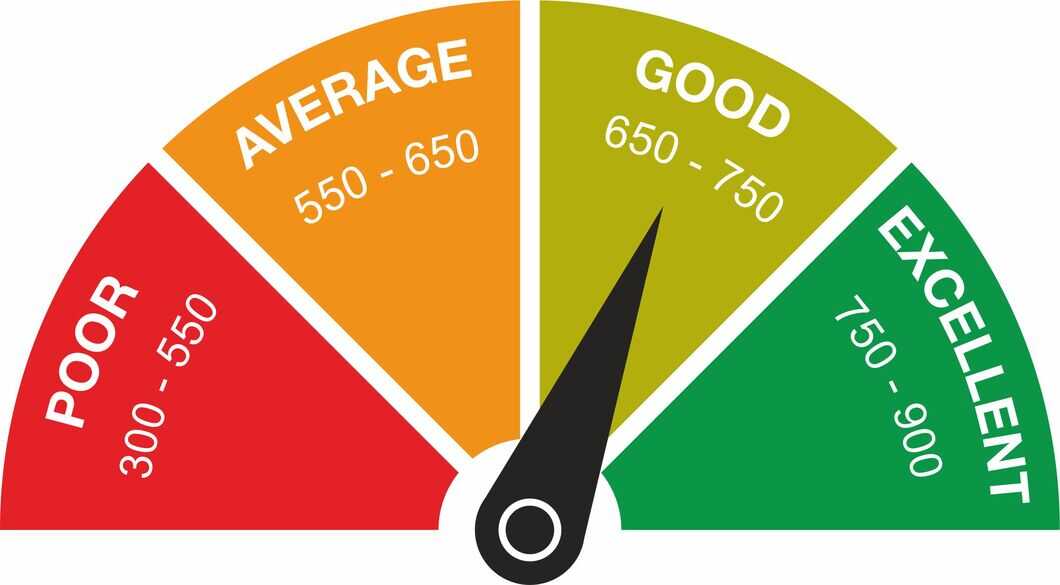How to maintain a good credit history
Maintaining a healthy credit history helps you get a loan quickly, smoothly and on attractive terms. It’s good to know that you can apply for a car loan or a credit card and not worry about being turned down. A strong credit history helps you get hassle-free access to credit when you need it. Lenders tend to look at your credit history before deciding whether to approve your loan application, as your credit health is an indicator of your financial reliability and trustworthiness. Keep in mind that a negative mark on your credit history can remain on your credit report for many years.

How to maintain a healthy credit history?
Equifax is one of the 3 major credit bureaus authorized by the RBI to operate in India. Having a good Equifax credit score is a direct reflection of how responsibly you use credit. Here are some practical steps you can take to maintain a healthy credit history.
Pay your bills on time, every time:
Your repayment record makes up to 30% of your credit score and is therefore a big factor in maintaining a good score. Paying your credit card bills and loan EMIs on time in full and before or on the due date is essential to having a good Equifax score. Every single missed, late or partial payment is reported to the credit bureau and too many such incomplete payments can adversely affect your credit rating.
Set up a payment schedule:
Set up a payment schedule so you don’t accidentally miss repayments. You can provide your bank with a standing instruction to debit your account to pay your credit card bill and EMI amounts every month. This prevents a drop in credit score due to inadvertent missed or late payments.
Keep all your information up to date and review regularly:
Make sure you always keep your credit information up to date. Any change in telephone number, residential address, etc., must be reported to the credit bureau.
It is important to check your credit report from time to time for any errors that could lower your score. Get a copy of your credit information report (CRI), or credit report, and check for any reporting errors. For example, your report may not reflect the updated status of newly closed loan account, or may have an incorrect credit limit. Some discrepancies may also be the result of ID theft and fraud. Report these errors to the bureau immediately so they can be corrected immediately. Failure to update important information can adversely affect your credit history.
Keep your credit card balances low:
Keep your credit line utilization low. It’s also important not to consistently spend too close to your credit limit – make sure you spend less than 50% of your total credit limit.
Do not apply for multiple sources of credit:
Do not apply for multiple credit cards or loan products at the same time. Every time you apply for credit, the lender inquires about your credit score and history. Too many such inquiries in a short period of time has a negative impact on your credit score because it implies that you are desperate for credit and have to apply to multiple sources at once. Furthermore, too many applications, without corresponding approvals, cause a further decrease in your credit score. Only apply where you think you qualify and have the best chance of being approved.If you don’t have a good credit score, it’s worth taking the time to improve your credit score and strengthen your credit history before applying for a loan or credit card.
Diversify your lines of credit:
Having a mix of secured and unsecured credit products such as loans and credit cards will help maintain a healthy credit history – provided you pay your dues on time. A secured loan is one that involves collateral – such as a car, home or gold loan. Unsecured credit refers to a personal loan or a regular credit card that does not involve the pledging of any security. Credit scores usually go up when you have a combination of secured and unsecured credit, as it indicates that you can manage both types of credit.
Use available credit:
Some people are under the mistaken impression that having no loans or credit cards to their name helps them get a good credit score. This is not the case. Lenders want to see a long credit history to judge whether you have a good repayment record. Having no credit history will damage your chances of getting any credit. Lenders may view someone with no credit cards as a higher risk and may not be willing to lend to them, as opposed to someone who has a record of managing credit cards responsibly.
At the same time, you should be careful about having too many open accounts that could potentially put you in debt. If you’ve only been managing credit for a short time, don’t apply too quickly for, or open, many new accounts.
Close new rather than old accounts:
This is simply because closing old credit cards shortens your credit history. Lenders like borrowers with a long credit history, as they have a long enough track record for evaluation. If you want to consolidate your credit card debt, pay off and close your new cards while keeping your older cards.
New to credit?
If you are new to credit and want to develop and maintain a healthy credit profile, start with a small consumer durable or secured loan or secured credit card to take the first step in building your credit history. Those who are new to credit may have trouble getting approved for a credit card or loan, as their lack of credit history may cause lenders to reject their application.
You can get a credit card for a fixed deposit and manage it responsibly by paying it off on time. This will help build a credible credit history.
Maintaining a healthy credit history is not difficult if you commit to paying all bills on time and avoiding any defaults. This will help you qualify for the best loan offers and secure the type of credit you desire. Make a commitment today to take care of your financial health.

















